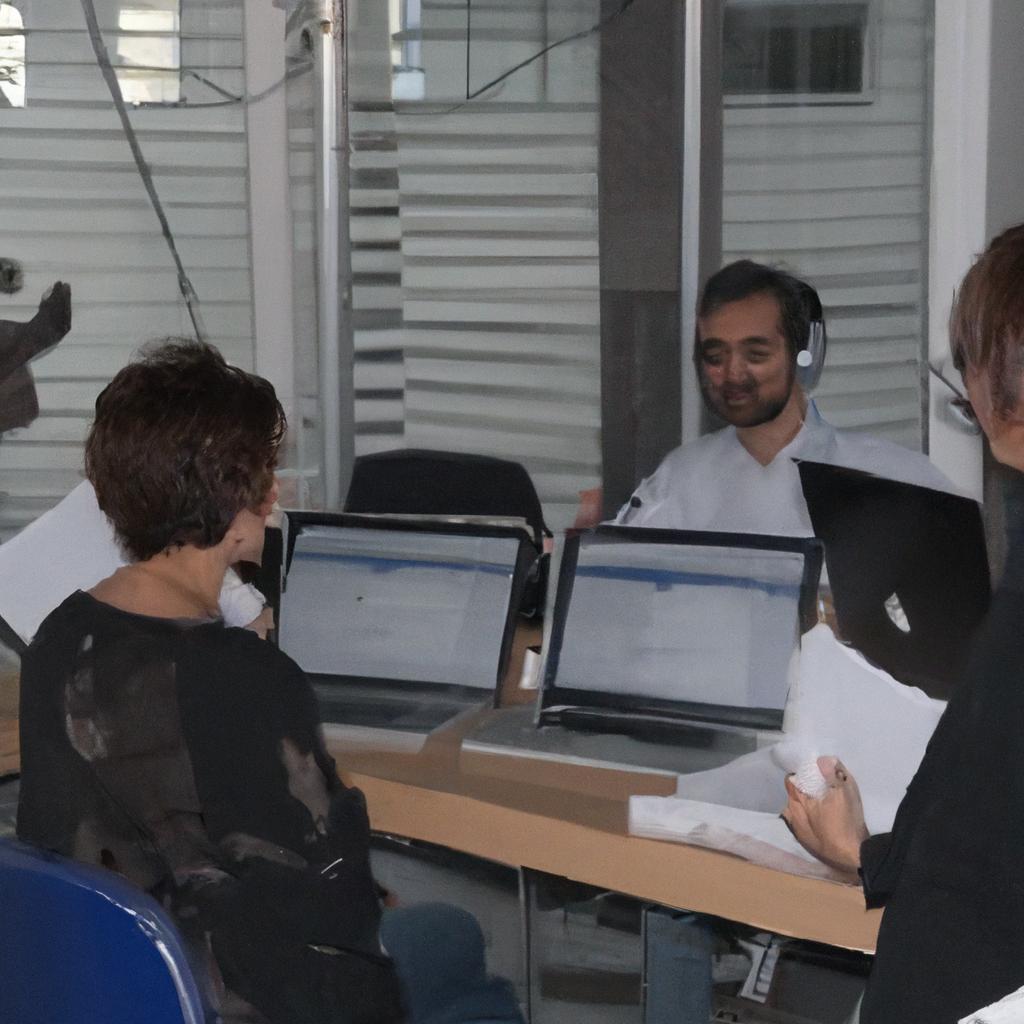In the intricate landscape of estate administration, the pivotal moment when beneficiaries are officially notified of their entitlements is of paramount importance. As seasoned practitioners in the field of estate planning and probate, the Morgan Legal Group, situated in the bustling metropolis of New York City, navigates the complexities of notifying beneficiaries with precision and diligence. Join us in delving into the intricate process by which beneficiaries are formally apprised of their rights, as we shed light on the legal intricacies and best practices that underpin this crucial aspect of estate management.
Notifying Beneficiaries in Estate Planning Matters
When it comes to , it is crucial to follow the proper legal procedures to ensure a smooth and transparent process. Beneficiaries must be informed of their rights and entitlements in a timely manner to avoid any potential disputes or misunderstandings. One common method of notifying beneficiaries is through written communication, such as formal letters or emails, detailing the specifics of their benefits and outlining the next steps in the estate administration process.
Additionally, beneficiaries can be notified through in-person meetings or phone calls with their legal representatives or estate planners. These meetings provide an opportunity for beneficiaries to ask questions, seek clarification on any issues, and provide input on important decisions regarding the distribution of assets. It is essential to maintain open and clear communication with beneficiaries throughout the estate planning process to ensure their rights are protected and their interests are represented.

Ensuring Timely and Accurate Communication with Beneficiaries
In our practice, we ensure timely and accurate communication with beneficiaries through a variety of methods. One way we notify beneficiaries is through official letters sent via certified mail. These letters contain essential information regarding the estate, including their rights, obligations, and any upcoming meetings or deadlines. Additionally, we utilize email notifications to keep beneficiaries informed in a more efficient and eco-friendly manner.
Furthermore, we understand the importance of clear and transparent communication with beneficiaries. That’s why we also provide regular updates on the status of the estate through our secure online portal. This portal allows beneficiaries to access important documents, track progress, and communicate with our team easily. By leveraging a combination of traditional mail, email notifications, and a user-friendly online portal, we aim to streamline communication and ensure that beneficiaries are always kept informed every step of the way.
| Mode of Communication | Benefits |
| Official Letters via Certified Mail | Legal document delivery, proof of receipt |
| Email Notifications | Efficient and instant communication |
| Secure Online Portal | Accessible documents and real-time updates |

Utilizing Proper Legal Channels to Notify Beneficiaries
When it comes to notifying beneficiaries of a trust or estate, it is crucial to follow proper legal channels to ensure that all parties are informed in a timely and accurate manner. Utilizing these channels not only helps to comply with legal requirements but also ensures a smooth and transparent distribution process.
One common way to notify beneficiaries is by sending out formal written notices via certified mail or by personal delivery. These notices should include important information such as the name of the deceased, a brief description of the trust or estate, the beneficiary’s entitlement, and details on how to access more information. Additionally, beneficiaries can also be notified through their legal representation or through the use of a designated trustee or executor. By utilizing these proper legal channels, beneficiaries can have peace of mind knowing that their rights and interests are being protected throughout the distribution process.

Establishing Clear Communication Protocols for Beneficiary Notifications
When it comes to , it is crucial to ensure that all relevant parties are informed in a timely and efficient manner. This process involves not only the dissemination of important information but also the establishment of a structured framework for communication. **Clear and concise** notifications are essential to avoid any misunderstandings or confusion among beneficiaries.
One effective method for notifying beneficiaries is through the use of written communication, whether through mail or email. This ensures that the information is documented and can be easily referred back to if necessary. Additionally, regular updates are important to keep beneficiaries informed of any changes or developments. By establishing a systematic approach to communication, beneficiaries can feel confident that they are up to date with the latest information regarding their inheritance.
| Beneficiary | Notification Method |
|---|---|
| John Smith | |
| Jane Doe |
Q&A
Q: How are beneficiaries notified about their status?
A: Beneficiaries are typically notified through a formal letter sent by the organization or agency overseeing the distribution of benefits.
Q: Are there other methods of notifying beneficiaries?
A: In some cases, beneficiaries may be notified through email, phone call, or in-person meeting depending on the circumstances.
Q: How long does it typically take for beneficiaries to receive notification?
A: The timing of notification can vary depending on the complexity of the benefits process, but beneficiaries are generally notified as soon as a decision has been made.
Q: What information is included in the notification?
A: The notification will typically include information on the status of the beneficiary’s application, any benefits they are entitled to receive, and instructions on how to access those benefits.
Q: Can beneficiaries appeal the decision if they are not satisfied with the notification?
A: Yes, beneficiaries have the right to appeal a decision if they believe it was made in error or if they feel they were improperly denied benefits.
In Conclusion
In conclusion, being notified as a beneficiary can often come with a mix of emotions, ranging from relief to confusion. Whether it’s through a phone call, letter, or unexpected visit, the news of receiving benefits can have a significant impact on one’s life. While the process of notification may vary depending on the situation, the important thing to remember is to stay informed and take advantage of the resources available to you. So next time you hear the words “you are a beneficiary,” embrace the opportunity and make the most of it!

